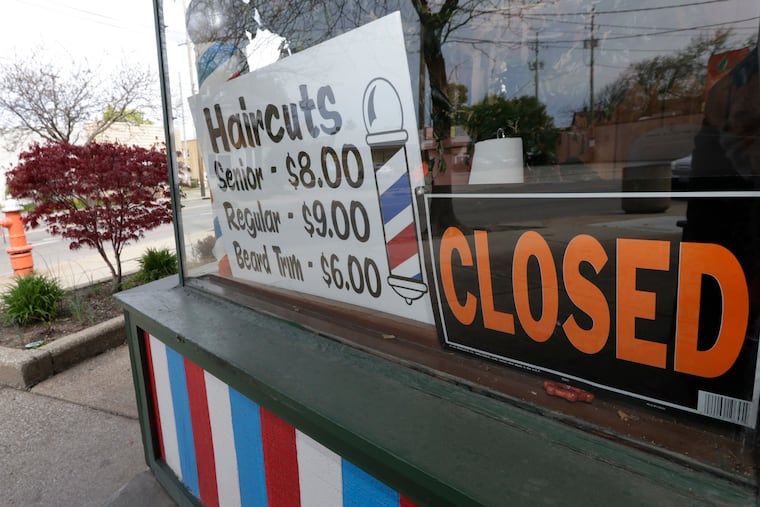Should your small business take advantage of the payroll tax deferral? Accountants are unenthused.
Accountants have some doubts about whether businesses should take advantage of a pandemic-relate tax break that permits them to defer social security taxes.

Do you want a free government loan for your business? There’s one available.
Thanks to the sweeping anti-virus CARES Act, the federal government is allowing all companies, regardless of whether they have been affected by the coronavirus, to defer paying employer payroll taxes until as late as the end of 2022, with no interest due.
It’s a pandemic-era financial break for business that hasn’t stirred up much interest. And some accountants think maybe that’s for the best.
The payroll tax deferral under the CARES measure primarily affects only the company’s portion of the federal Social Security (or FICA) tax, an amount calculated at 6.2 percent of an employee’s earnings up to $137,700. Both employers and workers pay that rate.
Although employers are allowed to hold back on paying their portion, it still due. It’s just that the due date has been extended. Half would be required to be paid by Dec. 31, 2021, with the remaining due at the end of 2022.
The tax deferral program is open to pretty much any employer, including the ones who borrowed money under the Paycheck Protection Program. Companies can also take advantage of the payroll tax credit even if they applied, or plan to apply, for other CARES Act tax credits, such as the aid given employers who must pay workers who take COVID-related leave.
The payroll tax deferral program also applies to independent contractors and self-employed small-business owners. There’s no application or approval process. Businesses that want to take advantage of the program simply reflect that choice on their quarterly federal 941 payroll tax returns.
Tim Joseph, a financial adviser at the Cordasco Financial Network in Philadelphia, says the offer may be particularly useful for employers who borrow to make the tax payments.
In effect, the payroll tax deferral is an interest-free government loan. And in these times of extreme economic uncertainty, it would seem to be a good idea to save that cash if only as a reserve, in case there are difficult times ahead. But many small businesses don’t seem to be taking advantage of the program. Why?
“It’s because the payroll tax deferral is a short-term loan rather than a forgivable loan, such as the Paycheck Protection program or a grant,” said John McGovern, president of McGovern & Associates PC, a Manayunk-based accounting firm. “Furthermore, since the repayment is due by the end of 2022, this can stress the cash flow of 2021 and 2022,″ especially if the pandemic keeps on dragging down the economy.
Bob Miller, who runs Ironside IT Partners, a small technology firm in Blackwood, agreed. “We aren’t taking advantage of the tax deferment because of the concerns of still having to pay it back,” he said.
Although Miller said his firm “jumped on the PPP,” he said it found the tax deferral less appealing. In sum, he said the deferral would merely shift his company’s burden from “a manageable known present to an accumulated unknown future.”
Joseph thinks that the overall incentive may also not be worth the trouble for smaller firms with few employees. “Given that the tax deferral is limited to only the employer’s matching Social Security amount, it may not amount to very much tax deferral,” he says.
Two weeks ago, President Donald Trump issued an executive order that allows individuals, just like their employers, to also defer their Social Security taxes. But, like the tax deferrals included in the CARES Act, the move has been met with little enthusiasm, and for similar reasons. Unless a worker takes the president up on the offer, employers are still bound to withhold the employee’s portion.
Small businesses needing funds, McGovern says, are likely better off applying for an Economic Injury Disaster Loan from the Small Business Administration, which are at a fixed interest rate of 3.75% and paid back over 30 years.
Still, said McGovern, “A better option for businesses would have been a payroll tax holiday, or a repayment term of longer than two years or the repayment commencement after the pandemic is declared ended by the federal government.”